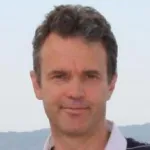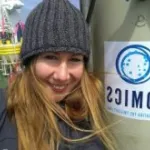The overall objective of SUMMER is to evaluate whether and how mesopelagic resources can be exploited without compromising the essential ecosystem services they provide. The specific objectives of SUMMER are:
- Determine the best combination of Methods (including submersible broad-band acoustics, environmental DNA (eDNA) and Scientific trawls) to obtain unbiased biomass and biodiversity estimates of the mesopelagic community.
- Estimate global abundance of mesopelagic fish based on a combination of the developed methods and models.
- To quantify the bycatch and impact on biodiversity of fishing (WP2).
- To measure the role of mesopelagic organisms in the vertically integrated Food web, its ‘service’ as food for commercially fished species, deep-sea species and emblematic species and to model the effects of different fishing scenarios on trophic network stability (WP3).
- To estimate the carbon sequestration due to active migration relative to the gravitational flux and to model the effects of different fishing scenarios (WP4).
- To explore the potential of mesopelagic organisms for pharmaceutical and nutraceutical products, processed human Food and animal feed, and to evaluate the intangible value of the ecosystem for production of high-value products (WP5).
- To provide a holistic assessment of the services provided by the mesopelagic ecosystem and to establish trade-offs and tipping points between different services under different fishing harvest rates scenarios (WP6).
- To engage managers, stakeholders and society on defining strategies and Associated risks to use mesopelagic resources, proposing strategies for its sustainability (WP6 and WP7).
NOC people
Oceanographic sampling (sensor and mooring equipment)
Ship systems
SUMMER



